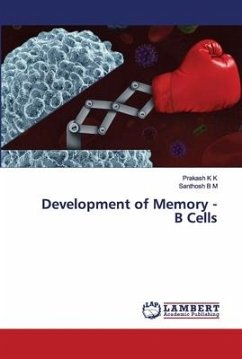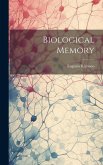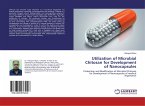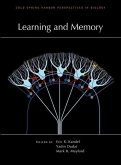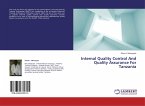Naive B cells and somatically mutated memory cells are produced by a process involving cell proliferation accompanied by stringent cellular selection, so that only cells of the desired phenotype survive. In both processes there is positive selection, first of cells with an in frame VHDHJH rearrangement, which can thus express a p-chain in the pBCR; then of B cells expressing a complete antibody in a functional receptor complex, presumably through expression of the BCR; and finally of somatic mutants expressing high-affinity antibodies in their BCR in the germinal center reaction. Only in the last case do we know the ligand that drives the selection; at earlier stages, selection may be driven by ligands on cells in the environment or by cell-autonomous mechanisms. In all cases, however, unselected cells are rapidly lost from the system, presumably by apoptosis.
Hinweis: Dieser Artikel kann nur an eine deutsche Lieferadresse ausgeliefert werden.
Hinweis: Dieser Artikel kann nur an eine deutsche Lieferadresse ausgeliefert werden.

